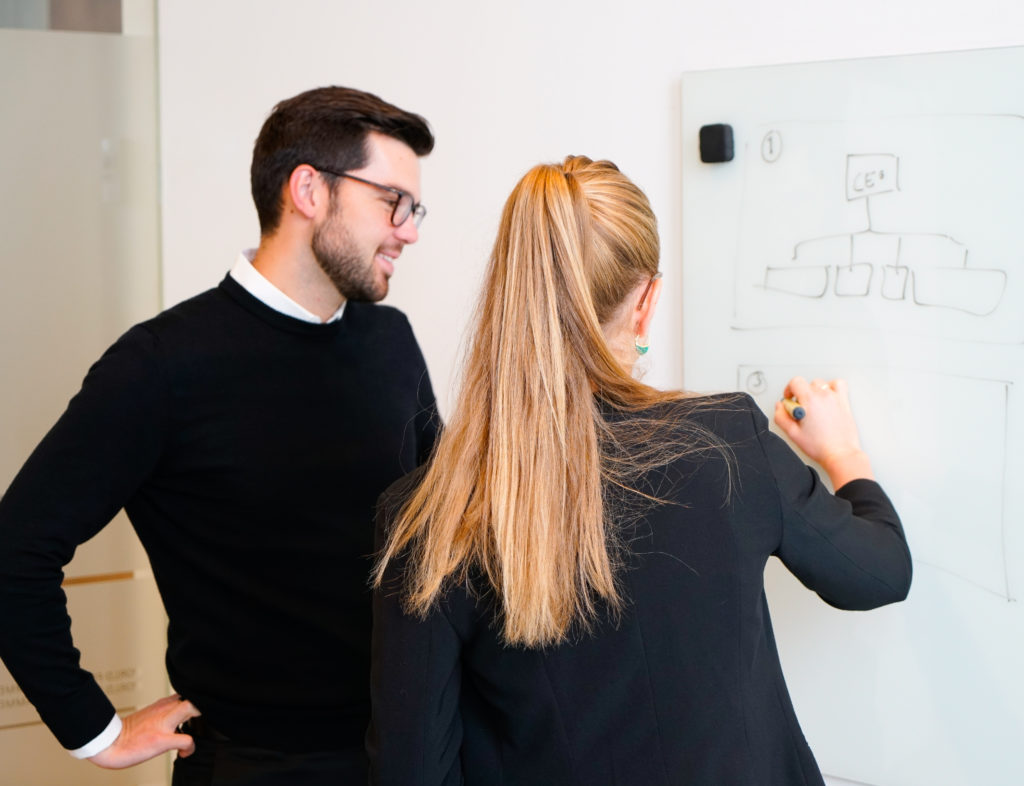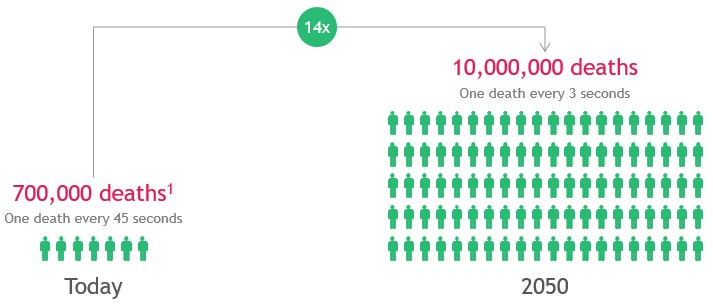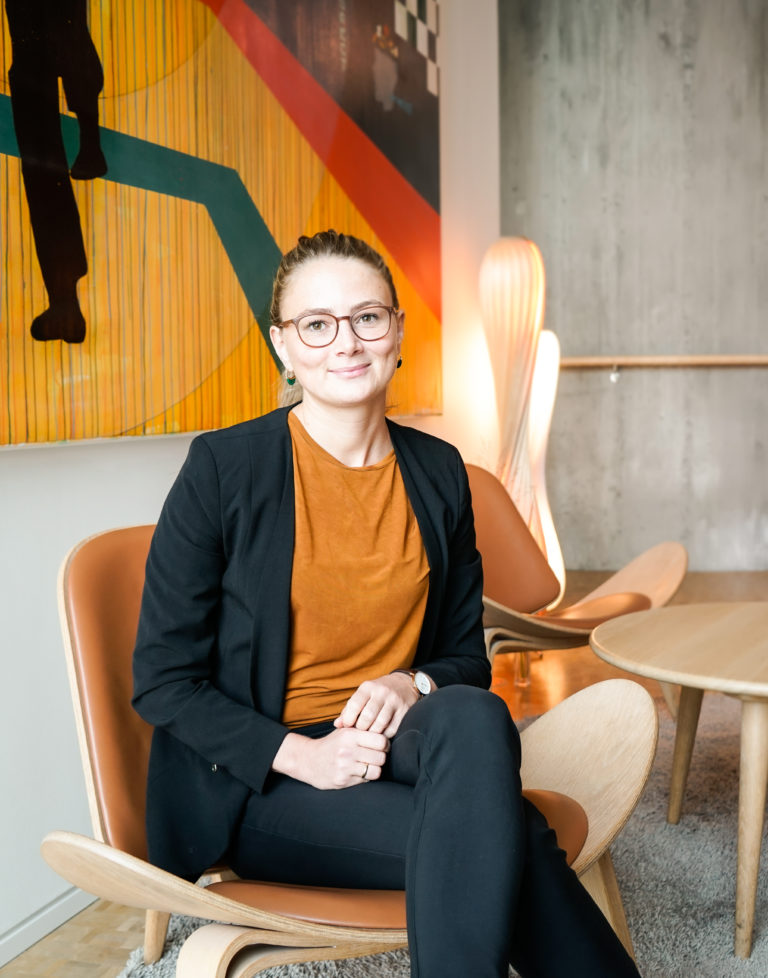Thea – Can you tell us a bit about the context and the problem, the fund is trying to solve?
“Yes, sure. Antimicrobial resistance essentially undermines every aspect of modern medicine as we rely on effective antibiotics to be able to do everything from c-sections to organ transplants to cancer chemotherapy. Given the nature of resistance, we will always need new antibiotics, but currently, drug resistant bacteria are developing faster than new antibiotics can reach the market. The challenge is that developing antibiotics is a long, complex and risky process, and many drugs in development fail along the way. However, once new antibiotics are approved, they are used sparingly to preserve effectiveness and slow the development of further resistance. While this makes sense from a public health perspective, it doesn’t support the level of investment needed to maintain a robust pipeline of new antibiotics. At the same time, our healthcare systems don’t recognize the value of new antibiotics despite the huge societal costs of AMR. As a result, investments in the development of new antibiotics have declined and several biotech companies developing antibiotics have gone bankrupt in recent years. In the end, this means that new antibiotics won’t reach the patients who need them.
To address this challenge, more than 20 of the world’s biggest R&D-based pharmaceutical companies came together to launch a $1B fund – the AMR Action Fund – which aims to invest into the development of novel antibiotics and work with governments on reforms to ensure there is a sustainable innovation ecosystem for new antibiotics.”

Why is this important?
“Well, to put it into perspective, today antibiotic resistant infections kill at least 700,000 people globally and estimates suggest that this could rise to 10 million by 2050 in the most alarming scenario. So, while AMR is less visible than COVID-19, it is more deadly in the long run.”
How has BCG supported?
“We in the BCG team were initially engaged by the IFPMA to help outline the “case for change” and a recommended option for how to tackle the funding gap in clinical development of antibiotics. This recommendation was “pitched” to the CEOs of the world’s largest R&D-based pharmaceutical companies.
After receiving the greenlight from the CEOs, we continued supporting in raising funding and negotiating the detailed concept with partners, and we are now working closely together with the interim Fund team to setup the operations and management team of the Fund.”

How have you used your background in working with this case?
“At the end of the day, what is needed to solve the AMR challenge is policy reforms to the current reimbursement system in major economies. By nature, this is thereby a highly political case. So, in that sense, I believe my background from international business and politics has come in handy when navigating the diverse stakeholder landscape and dynamics as well as understanding the political option space i.e. policy levers such as reimbursement reforms.”

You’ve been part of this case since the ideation phase. What have been the main challenges, you’ve faced?
“We have been working together with a diverse stakeholder group consisting of +20 of the largest pharmaceutical companies, philanthropic organizations, development banks and industry organizations. By definition this requires some effort to navigate and ensure everyone is aligned.
Another challenge has been that, we have been trying to tackle one major global public health challenge while everyone’s eyes have been on COVID-19. COVID-19 clearly underscores the need for pandemic preparedness, but it has also meant that the attention span of policy makers and other key healthcare stakeholders has been scattered.”
What is the biggest learning for you on this case?
“I think the Fund is a great example of the public and private sectors coming together to tackle a major global challenge. Beyond the current investor base of +20 pharmaceutical companies, the World Health Organization (WHO), the European Investment Bank (EIB), and the Wellcome Trust have also contributed in designing the concept of the AMR Action Fund. Given the fact that global challenges require coordinated actions across countries and sectors, I think there is much to learn from this partnership when tackling other global challenges.”
What has it been like for you to work on social impact?
“It has been extremely motivating working on a case that has such a huge societal impact and I must say, I am very proud and humbled of having been part of this. I also think it is quite impressive, how we in the BCG Copenhagen office are part of solving one of the most pressing global healthcare challenges of our time.”




